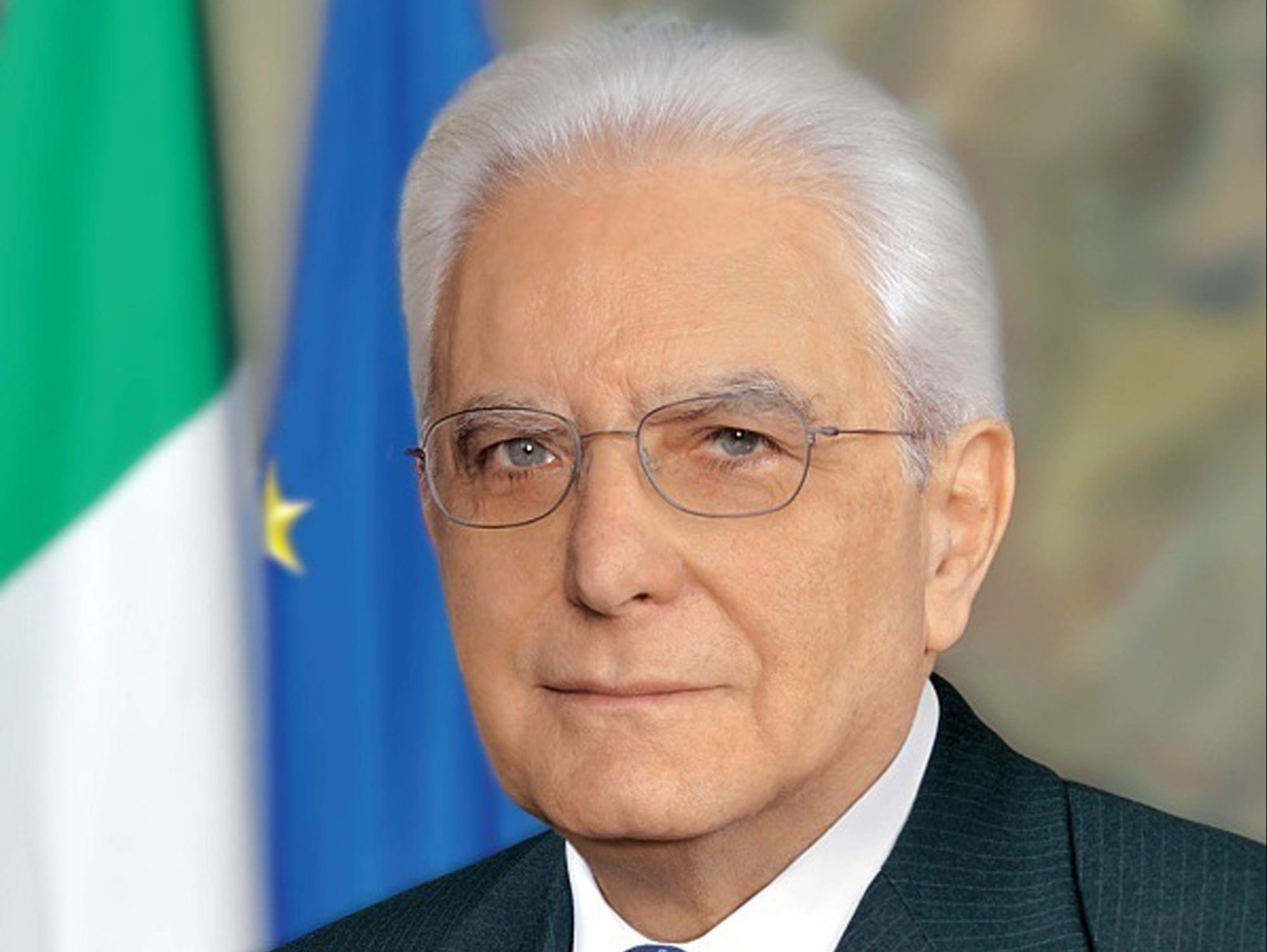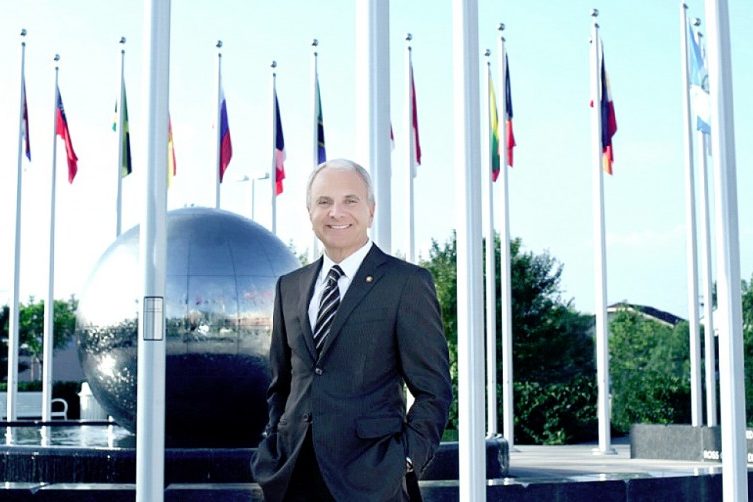Two years after the election to his second mandate – something unprecedented in Italy’s history -, the President of the Republic Giorgio Napolitano resigned from his role as leader of the Country due to old age.
His successor and 12th Head of State was appointed after four ballots last Saturday, January 31, with a big round of applause and quite a consensus in the Parliament. He was mainly supported by Prime Minister Matteo Renzi and his Democratic Party, but apparently also a few representatives of the right wing granted him their vote, fuelling polemics.
Sergio Mattarella, age 73, assumed office on Monday, and his first act as newly elected President was an unexpected visit to the memorial cemetery and national monument Fosse Ardeatine in Rome, where in 1944 the Nazi occupation troops killed over 300 people. His intention was to send a clear message of unity and resistance against the forces of terror and tyranny, in compliance with the values that also shaped his personal history.
Born in Palermo, Sicily, of a prominent and politically active family, Sergio Mattarella followed in the footsteps of his father Bernardo and elder brother Piersanti, both Christian Democratic politicians. His main interest and university major was in Law, and his career in politics started only in 1980 after the Mafia assassination of Piersanti, then president of Sicily region. Sergio Mattarella joined the left wing and committed to help eradicate Mafia control over the Sicilian faction of the party, but continued to pursue his vocation as a legal academic by becoming judge at the Country’s constitutional court.
Prime Minister Matteo Renzi with newly elected President Sergio Mattarella
Over 25 years as a member of the Parliament, he served in different ministerial posts, including the Ministries of Education and Defence, and authored the electoral law enforced from 1993 to 2005.
Competence, experience, and a sound reputation for integrity and austerity are qualities that the Italian people have always valued – and more than ever in this delicate moment of recovery from the economic crisis – in a President of the Republic. His figure is usually seen as – or, at least, is required to be – super partes and principled more than all other politicians. Sergio Mattarella was highly respected in political circles but not yet very popular amongst the public.
Nevertheless, his behaviour and first statement have quickly earned him the sympathy of many supporters of both left and right factions. First of all, he drives a common man’s Fiat Panda instead of a fancy chauffer-driven car, and right after the nomination he said that his priority is to deal with “The hardships and hopes of the Italian citizens.”
This would really meet the expectations of his people, whose faith in politics has been wavering in the recent years. Despite playing a role that is mostly ceremonial rather than active, the intervention of the President of the Republic can be decisive when it comes to political crises or the contentious creation of a new government.
For his opponents, Sergio Mattarella represents a backward step to mid-1950s Christian Democracy, while his endorser Matteo Renzi is confident that his decisions will be unbiased, based on the Constitution, and made in the interest of Italy as a whole. Time will tell.






























